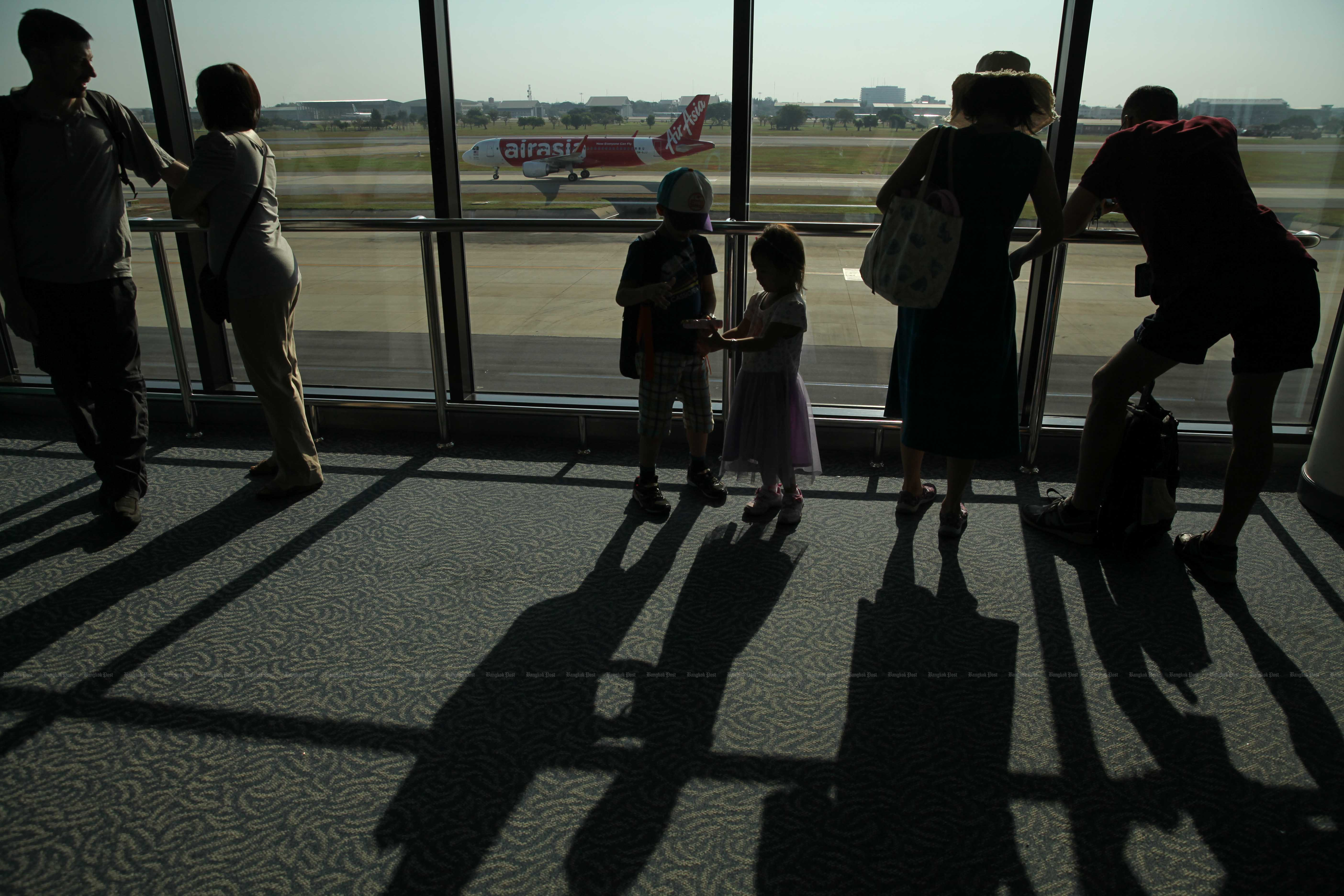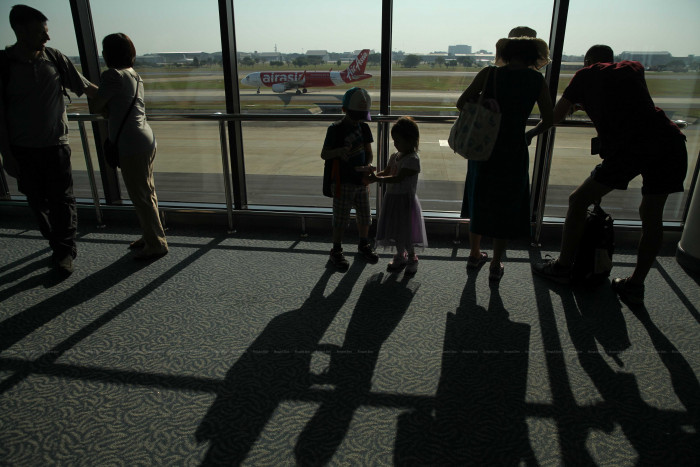
Tourism operators are not confident whether arrivals from Japan and South Korea can match the same level as 2024, as negative factors such as a strong baht, rivalry with Vietnam, as well as the two countries’ weak economies continue to impact spending power.
Japan is heading towards its Upper House election this weekend, which could define the stability of the ruling coalition, while it still struggles to finalise a tariff and trade deal with the US.
Meanwhile, South Korea is planning to distribute at least 150,000-won (3,504 baht) cash handouts to residents in an effort to boost spending amid a sluggish economy, under the new presidential administration.
Adith Chairattananon, honorary secretary-general of the Association of Thai Travel Agents (Atta), said Japan’s economic issues could pose a greater challenge on top of its continuing weak yen, which could impact Japanese nationals making overseas trips.
Mr Adith said Thailand has now been hit by competition from Vietnam, which offers cheaper tourism products and hotels and newer attractions.
South Korea’s Jeju Air crash, which involved an aircraft leaving Bangkok during the New Year holiday, also impacted travel sentiment to some extent.
Last year, Thailand welcomed over 1.8 million South Korean tourists and 1 million Japanese tourists.
During the first half, the number of South Korean visitors dropped by 17% to 780,000, while the Japanese market increased by 8% to 510,000, ranking the countries the 5th and 8th largest inbound markets, respectively.
Meanwhile, during the first five months, Vietnam gained 1.9 million South Korean tourists, surpassing Thailand, as well as over 342,000 Japanese tourists.
Thanet Supornsahasrungsi, president of the Association of Chonburi Tourism Federation (ACTF), said since the beginning of the year, the number of Japanese tourists in Pattaya has remained stable, but the number of South Korean tourists has dropped by 20-30%.
He said the weak yen and close proximity has lured South Korean tourists to Japan instead of Thailand.
During the first half, Japan saw a record high of 21.5 million inbound tourists, a 21% year-on-year increase.
More South Koreans also flocked to Vietnam, thanks to increasing flights and low living expenses.
A fixed hotel contract rate in Pattaya offered to Korean travel agents is now more expensive than that of the same level in Vietnam, he said.
Mr Thanet said critical concerns in the second half include the strong baht compared to foreign currencies, hampering tourists’ spending.
The ACTF yesterday held the Chonburi Travel Mart, joined by over 100 overseas buyers and 300-400 Thai sellers, aiming to boost tourism in the province.
Chuwit Sirivejkul, regional director of marketing for East Asia at the Tourism Authority of Thailand (TAT), said the agency remains confident that the number of South Korean and Japanese tourists should reach 1.7-1.8 million, and over 1 million, respectively.
The TAT is boosting high-spending and the luxury segment in Japan, and incentive groups from South Korea.


AloJapan.com